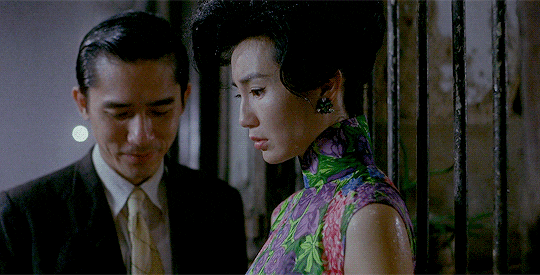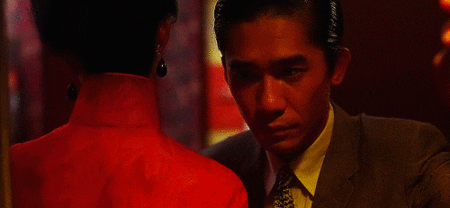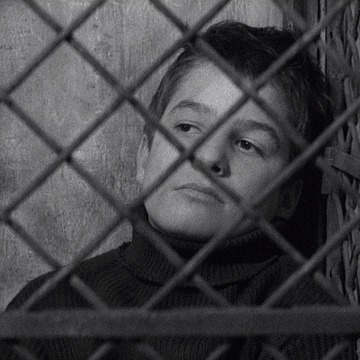I’ve written about lists a few times (for instance, here and here). And I maintain, as I’ve discussed, a “master list” to which I add various best/greatest/most important film lists I come across in my travels, and that does now and then throw up some interesting things to consider. As with a list I incorporated this weekend.
In 2005, the Hong Kong Film Awards polled a group of 101 critics, scholars and filmmakers on the “the best Chinese cinema,” as part of a celebration of a century of Chinese cinema. The list embraced films from Taiwan, Hong Kong (the majority) and (mainland) China, silent and in Cantonese and Mandarin. Most of the films are ones that appear on various other lists, but a few were ones I’d never run across before, and that’s always interesting for me. In particular, I think having a reference list of, for instance, those films widely considered “best” or most important from, say, China before 1949 is always useful for scholars and budding scholars and those who just want to take a deep dive into such an area.
But the most interesting thing about the list, for me, was the ranking of Wong Kar-wai’s masterpiece, In the Mood for Love (2000): 90th.
90th? In the 2012 Sight and Sound polls, it was ranked 67th by directors and 24th by critics. In last year’s polls, its stature had risen considerably, in line with the general emerging critical consensus around the film, to 9th and 5th respectively.
Why this pretty significant discrepancy between the critical estimation of Chinese (predominantly Hong Kong) critics and filmmakers and those of the larger, global community of critics and filmmakers polled by the BFI?
It’s possible that time may explain it—that in 2005, just a few years after it came out, people hadn’t yet caught on to the merits of the film, and that as with the jump in esteem in the Sight & Sound polls between 2012 and 2022, it would now be ranked much higher. (The 2002 Sight & Sound polls, the first done after the film’s release, like those of previous decades, were much shorter than the more recent incarnations, only top 10 and with fewer people polled, so its absence from that year’s results is not really surprising.)
But it is also possible that the difference reflects some cultural issues that are simply not accessible to most non-Chinese viewers, perhaps even that it is a film made for export, made to appeal to an international audience, and that in the process aspects of it simply don’t work well in the country in which it was made. Obviously, I have no way of knowing.
I love it. Not sure I would rank it the 5th greatest film of all time, but it’s definitely up there. But for me, seeing the discrepancy here, between its ranking by the critics and filmmakers assembled by the HK Film Award and those by the BFI, is a cautionary tale, inclining me to look more closely at similar situations, at discrepancies in, say, how American and European critics rate and respond to African films versus how critics, scholars and filmmakers from Africa respond.
And it really makes me want a more recent Hong Kong Film Awards list. There may be one; I’ll have to look.
That list also clearly shows that there were some serious scholars of Chinese-language cinema involved, in the hard-to-find, seldom screened these days choices from older (mainland) Chinese cinema.
(It’s often possible to make some rough guesses about the people polled for a particular list, even if there’s a danger of generalization. For instance, this list of the “100 Best Movies Of All Time”… very fan boy, in a not complimentary sense. So much so that I am not sure about including it in my overall master list of lists. It is a bit interesting, though, to try to guess why some of the less fan-boy-ish films managed to get included.)
Update: In 2010, the Taipei Golden Horse Film Festival surveyed over 100 film professionals—predominantly Taiwanese, but many from elsewhere—on the greatest Chinese-language films. In the Mood for Love was ranked 10th.




